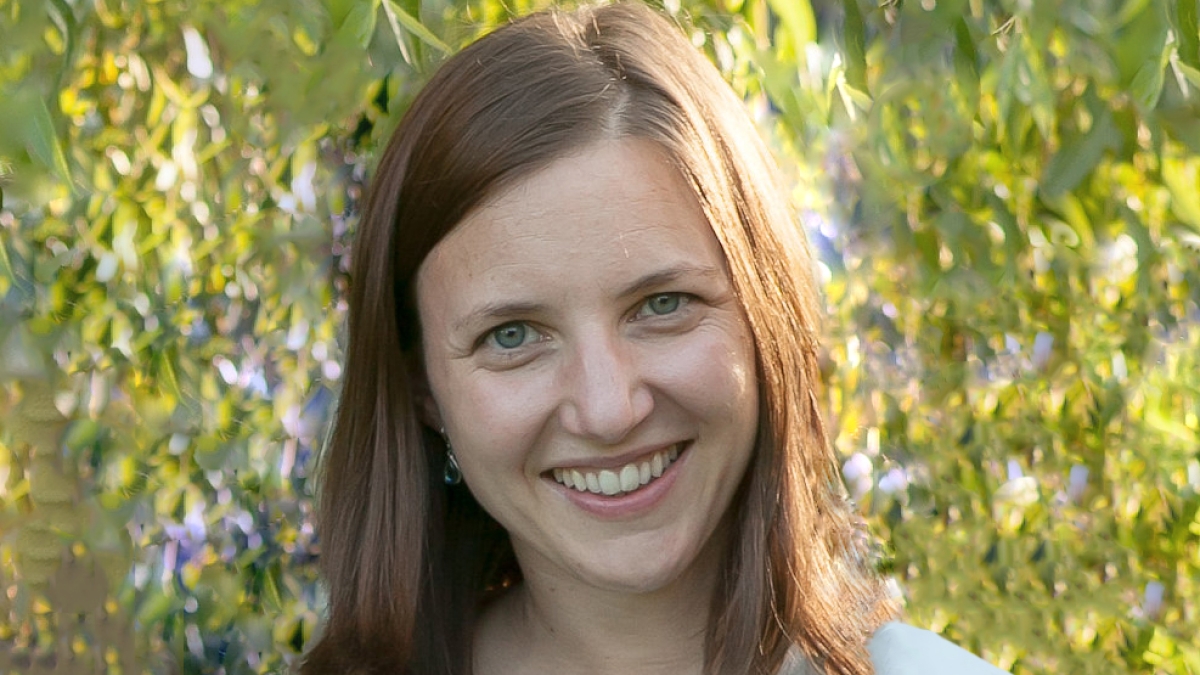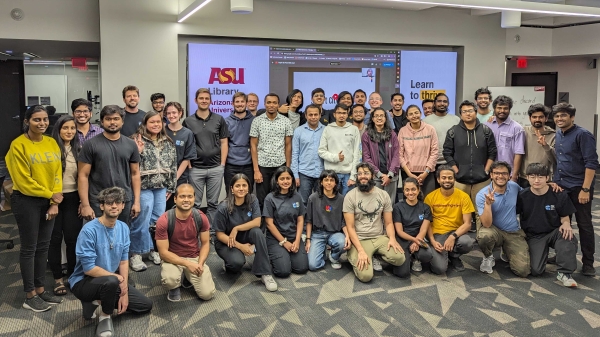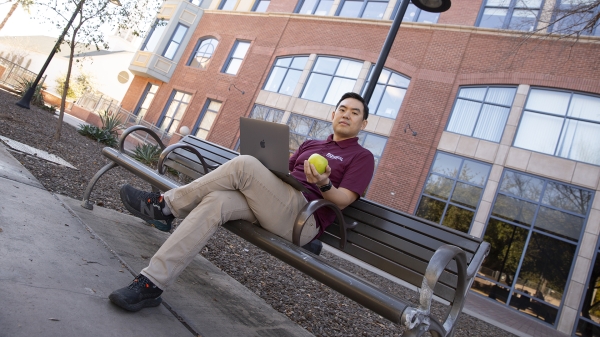Trisalyn Nelson joins ASU to lead School of Geographical Sciences and Urban Planning

Trisalyn Nelson is the new director of ASU’s School of Geographical Sciences and Urban Planning in the College of Liberal Arts and Sciences.
Brainstorm a list of societal challenges — from extreme heat to social equity to transportation — and they all share two characteristics: They have unique distributions in space, and their spatial patterns change over time.
Trisalyn Nelson, the new director of ASU’s School of Geographical Sciences and Urban Planning as of July 1, has focused her research on examining spatial and spatial-temporal patterns in order to better understand the underlying processes behind everything from wildlife movement to hazardous chemical exposure to cycling safety.
“Societal challenges are increasingly complex,” Nelson said. “They include interactions between physical environments, built environments, and people.
“With 54 percent of the world’s population living in cities, health and sustainability require urban planning that is informed by knowledge of earth processes and human interactions with space and place.”
“I chose to move to ASU because I believe society needs solutions that an integrated geographical sciences and urban planning school can provide,” Nelson said.
With its strength in areas such as urban climatology and Geographical Information Science (GIS), Nelson feels that the School of Geographical Sciences and Urban Planning is uniquely poised to address a wide range of key issues: the impact of climate change on urban sustainability and population health, how best to use newly-available geographic data for smart urban design, the role of active transportation like cycling as a mechanism for sustainability, the impacts of human disturbance on earth systems, plants, and wildlife — and more.
“I’m pleased to welcome Dr. Trisalyn Nelson to our college and to ASU,” said Elizabeth Wentz, dean of Social Sciences for the College of Liberal Arts and Sciences. “She brings an impressive research record that crosses disciplinary boundaries to solve societal problems, as well as strong success as a leader.”
Nelson joins ASU from Canada’s University of Victoria, where she founded and directed the Spatial Pattern Analysis and Research Laboratory, was director of the Geomatics Program, and held the Lansdowne Research Chair in Spatial Sciences.
Nelson’s research initiatives build on transdisciplinarity among technical fields — integrating the power of computing, statistics and geographic information science (GIScience). She sees great opportunities to lead the School of Geographical Sciences and Urban Planning to collaborate across campus, within the surrounding community and with industry.
“Location, the heart of geography, provides a mechanism to integrate transdisciplinary knowledge and supports development of nuanced solutions,” she said. “The School is operating at the highest level and I believe by growing ideas we are collectively passionate about I can help build on existing momentum and continue the trajectory of excellence. The School is open for business.”
More Science and technology

SpaceHACK highlights student solutions to environmental challenges, digital divide
By Adrianna Nine About 250 students from around the world convened online and at Arizona State University on March 22 for the…

New AI for a new era of discovery
As the legend goes, in 1665, Sir Isaac Newton sat in his garden at Woolsthorpe Manor in England and looked on as a lone apple…

ASU receives 3 awards for research critical to national security
Three researchers in the Ira A. Fulton Schools of Engineering at Arizona State University have received grant awards under the …